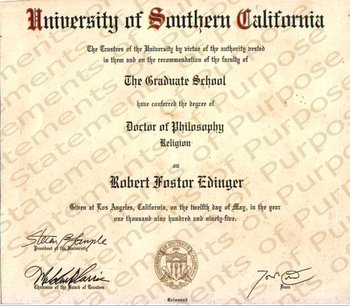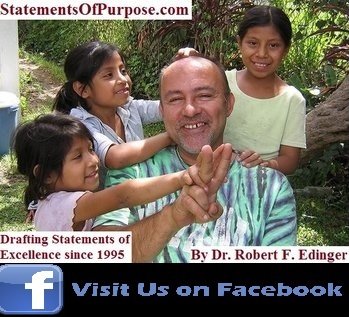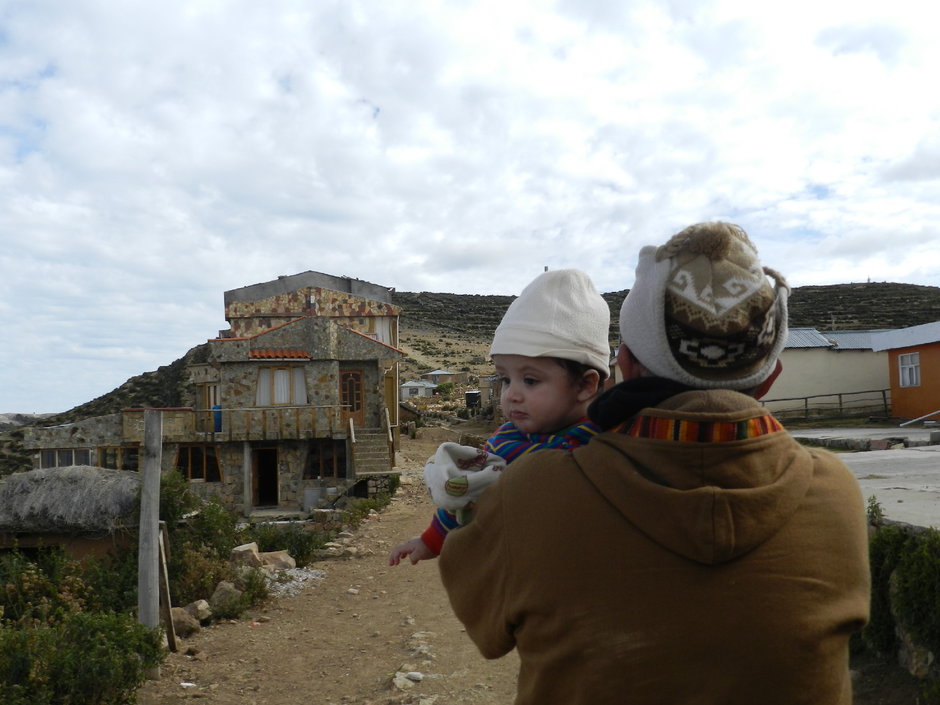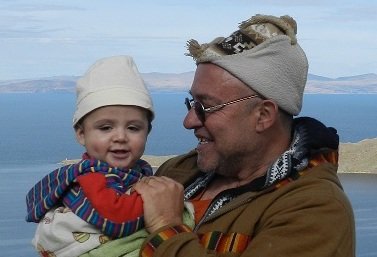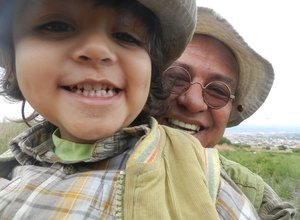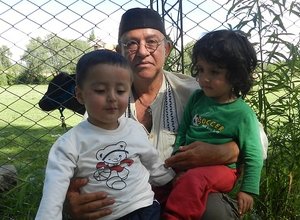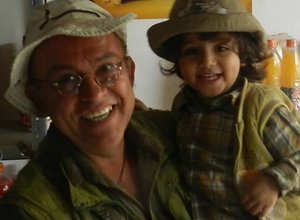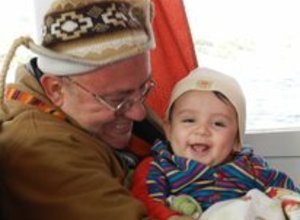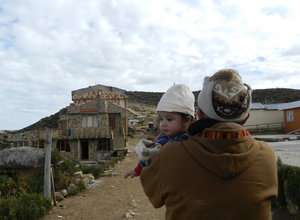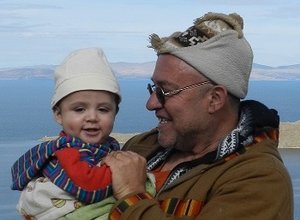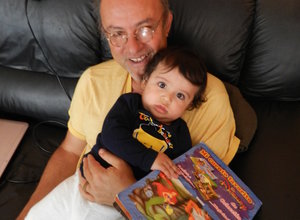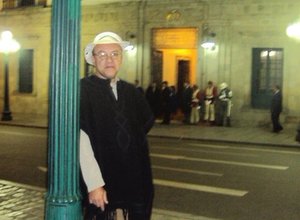Priority Service Checkout US$249.00 (Includes resume or CV edit/enhance/revamp)
Priority Checkout US$199.00 (Statement Only)
Free Consultations: [email protected]
Samples of My Work on Behalf of Applicants to Asian Studies Programs
Statements of Excellence in Asian Studies

Asian Studies, Issues, Concerns, and Creative Writing for the Personal Statement of Purpose in Asian Studies for Admission to Master’s Degree, MA Programs.
Prior to developing this service about 15 years ago, I lived in Korea and Japan for extensive periods of time teaching English. Later, while attending my own Master’s Program in TESOL at the University of Illinois in Champaign/Ubana, I developed especially close friendships with Asians that continue to this day. I learned an enormous amount about Asia which I think will be reflected in the model first paragraph that I want to draft on your behalf at no charge or obligation.
My clients, increasingly, are Asian or Asian Americans because Asians are now attending colleges and universities at record numbers. Especially in the last few years there are more Asian Americans seeking a higher level education. Overall in the US 45 percent of all Asian Americans have been seeking a college level education in order to get ahead in their lives. Most of the population for Asians above the age of 25 has a degree from a university. These degrees surprisingly have been obtained through the Asian homeland rather than in the US. In this article we will look at the Asian American education opportunities that individuals can find in the US. These have changed drastically in the last few years, regarding Asian American education.
Many scholarships available for the Asian American. These scholarships have been set up in an attempt to help these students get the funding they need. They are also offered through many of the Asian American organizations around the US that further political ambitions as well as education.
More Info - http://www.asian-nation.org/best-colleges.shtml
My service is quite different from other statement writing services on the Internet for several reasons. I am the little guy on the web, not a big business like most of my competitors. You deal directly with me. I answer all of your questions completely free of charge and I am solely responsible for producing a statement that you are very pleased with.
Most recently edited Statement Samples.
Please note that I attend to my clients in the order in which I have received their payments. To qualify for my discount price of US$199.00, all you need to do is drop by any Western Union location worldwide, fill out the form, and pay the money. Please note that you also need to pay around US$10.00 to send the money.
